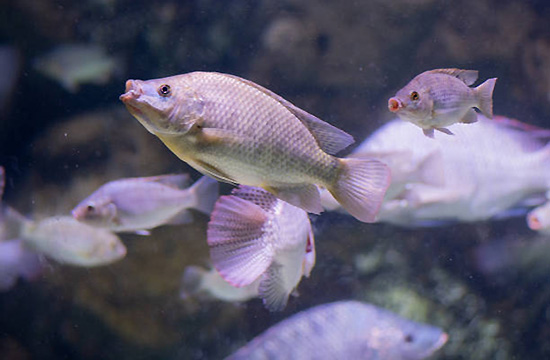
Organic aquaculture is pursued to align with values of environmental stewardship, sustainability, and ethical food production The underlying motivation is to minimize ecological impact, promote animal welfare, and provide healthier, more sustainable seafood options to consumers.
Organic aquaculture is important for the community and the environment as it minimizes pollution, preserves aquatic ecosystems, and promotes biodiversity. It also supports local economies and provides healthier, more sustainable food options for consumers.
Organic aquaculture will be implemented through strategies such as using organic feeds, minimizing chemical inputs, and adhering to specific environmental and animal welfare standards.Techniques like integrated multi-trophic aquaculture (IMTA) will be employed to create balanced ecosystems and minimize waste and nutrient pollution.
Organic aquaculture is a holistic and sustainable approach to fish farming that prioritizes environmental responsibility, animal welfare, and the production of high-quality, sustainable seafood.


Organic aquaculture is a model for minimizing the environmental impact on aquatic ecosystems , contributing to their long-term preservation.
Organic aquaculture is a model for minimizing the environmental impact on aquatic ecosystems, contributing to their long-term preservation. This underscores the importance of prioritizing sustainable practices and minimizing pollution in aquaculture operations, highlighting the need for ecological preservation and conservation efforts.
Organic aquaculture seamlessly extends the ethos of organic agriculture, steering clear of synthetic chemicals and antibiotics. Committed to producing high-quality, environmentally friendly seafood, it aligns with health, sustainability, and reduced carbon footprint principles .
Through strict quality control and natural methods, organic aquaculture ensures healthier products free from synthetic chemicals, promotes biodiversity, and offers a more responsible alternative to conventional fish farming.


Organic aquaculture emerges as an environmental steward, minimizing the adverse impact of fish farming. With low-impact feed and a commitment to avoiding harmful chemicals, it produces healthier, higher-quality fish in natural environments. By prioritizing natural and comfortable conditions for fish, it not only benefits aquatic life but also elevates profitability for farmers.
Organic aquaculture is a strategic solution to meet the rising demand for protein while reducing environmental harm, associated with lower disease risks and reduced greenhouse gas emissions. It stands as a win-win strategy, benefiting both the environment and the economy.

